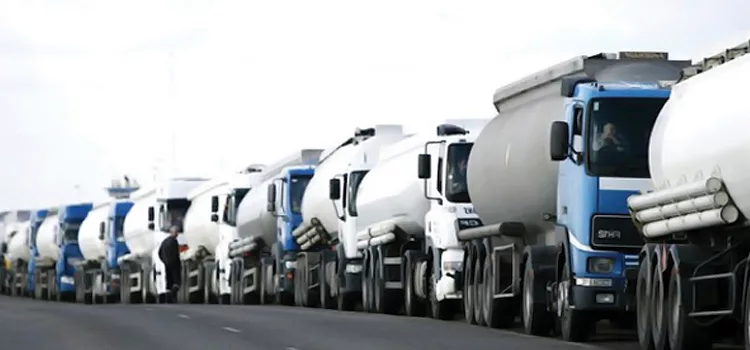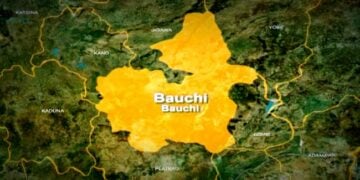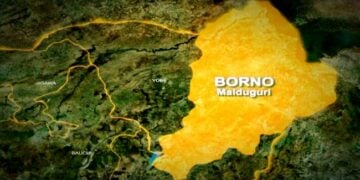The Independent Petroleum Marketers Association of Nigeria (IPMAN) has blamed the Nigerian National Petroleum Company Limited (NNPCL) for the ongoing fuel scarcity across the country.
The shortage of Premium Motor Spirit (PMS), commonly known as petrol, has led to widespread challenges, with IPMAN alleging that the situation was occassioned by NNPCL’s failure to supply adequate quantities to its members.
IPMAN, representing over 3,000 members and controlling a substantial portion of Nigeria’s filling stations, has expressed deep concerns over the situation. Chairman of IPMAN’s Ore Depot, Shina Amoo, accused the NNPCL of neglecting independent marketers, leading to a crisis that has persisted for three years.
“There is no supply anywhere. The available supply is poorly distributed. We have been raising concerns about this for a long time,” Amoo said during an appearance on Channels Television’s Morning Brief on Tuesday morning.
He emphasised the challenges faced by independent marketers, who are spread across both urban and rural areas but are reportedly being sidelined in the supply chain.
Amoo detailed how the situation has deteriorated, explaining that IPMAN previously enjoyed a 70/30 supply ratio based on their capacity, a system that has since been abandoned. He further criticized the NNPCL for preferring to supply other groups, such as the Depot and Petroleum Products Marketers Association of Nigeria (DAPPMAN) and the Major Oil Marketers Association of Nigeria (MOMAN), at the expense of IPMAN.
“NNPCL abandoned the distribution pattern and stopped being sincere. They no longer supply IPMAN but prefer to supply others. The volume they provide is insufficient for our needs,” Amoo lamented.
The NNPCL, through its Chief Corporate Communications Officer, Olufemi Soneye, responded by stating that the company is working diligently to resolve the fuel supply challenges, assuring that the queues should clear by mid-week.
However, Amoo pointed out the severe bureaucratic delays encountered by IPMAN members when dealing with NNPCL. He noted that the process of loading products after payment, which previously took a week, now drags on for three to five months, forcing many members to turn to private depots that charge higher prices.
Amoo also addressed the impact of the removal of fuel subsidies, linking the skyrocketing prices to corruption within the downstream sector. He argued that eradicating corruption would result in a significant drop in fuel prices.





